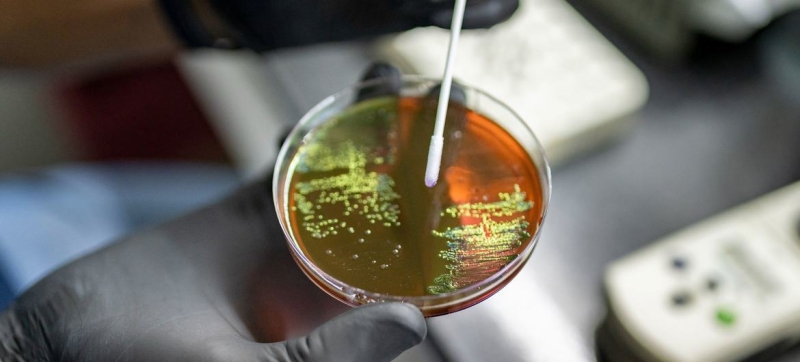
Antimicrobial resistance threatens the progress made in medicine over the past century. WHO recommends increasing investment in vaccines to reduce deaths from antibiotic resistance Health
Increasing investment in vaccines could reduce deaths from antimicrobial resistance (AMR) and reduce the use of antibiotics globally by 2.5 billion doses per year, according to a report released Thursday by the World Health Organization (WHO).
Antimicrobial resistance occurs when bacteria, viruses, fungi, and parasites mutate over time and stop responding to treatment. AMR is a major global public health threat, causing nearly five million deaths each year. The main factors are the misuse and overuse of antimicrobials.
The development of new vaccines is an important part of global efforts to combat AMR because they prevent the spread of infections, reduce the use of antimicrobials, and slow the emergence and spread of drug-resistant pathogens.
The Power of Vaccines
“The fight against antimicrobial resistance starts with preventing infections. “Vaccines are one of the most powerful tools to achieve this goal,” said WHO Director-General Tedros Adhanom Ghebreyesus.
The report notes that vaccines against 24 pathogens could reduce the number of antibiotics used by 22 percent, or 2.5 billion daily doses, worldwide each year.
Some of these vaccines are already available but underused, while others need to be developed and brought to market as quickly as possible.
Preventing Deaths, Expanding Access to Vaccines
The report follows a WHO study published last year that estimates that vaccines already in use against pneumonia, meningitis and typhoid fever could prevent up to 106,000 AMR-related deaths each year.
“Prevention is better than cure; expanding access to existing vaccines and developing new vaccines against critical diseases such as tuberculosis are critical to saving lives and turning the tide on AMR,” the WHO chief said.
Declaration of Action
Vaccines can significantly reduce the substantial economic costs of AMR. The cost to hospitals of treating resistant pathogens is estimated at $730 billion a year globally. Vaccines are projected to save at least a third of these costs.
During the UN General Assembly High-Level Week in September, world leaders adopted a political declaration committing to a clear set of targets and actions to combat antimicrobial resistance, including reducing annual deaths from bacterial AMR by 10 percent by 2030.
The declaration emphasizes the importance of widespread access to vaccines, medicines, treatments and diagnostics, as well as the need to establish funding mechanisms to support research and innovation to combat AMR.
